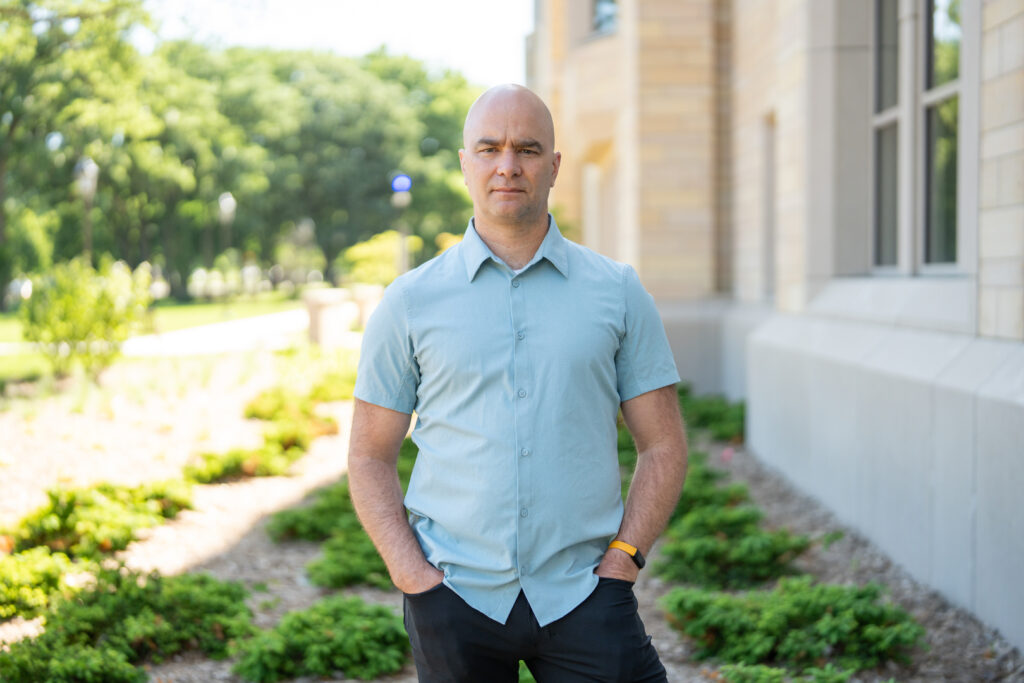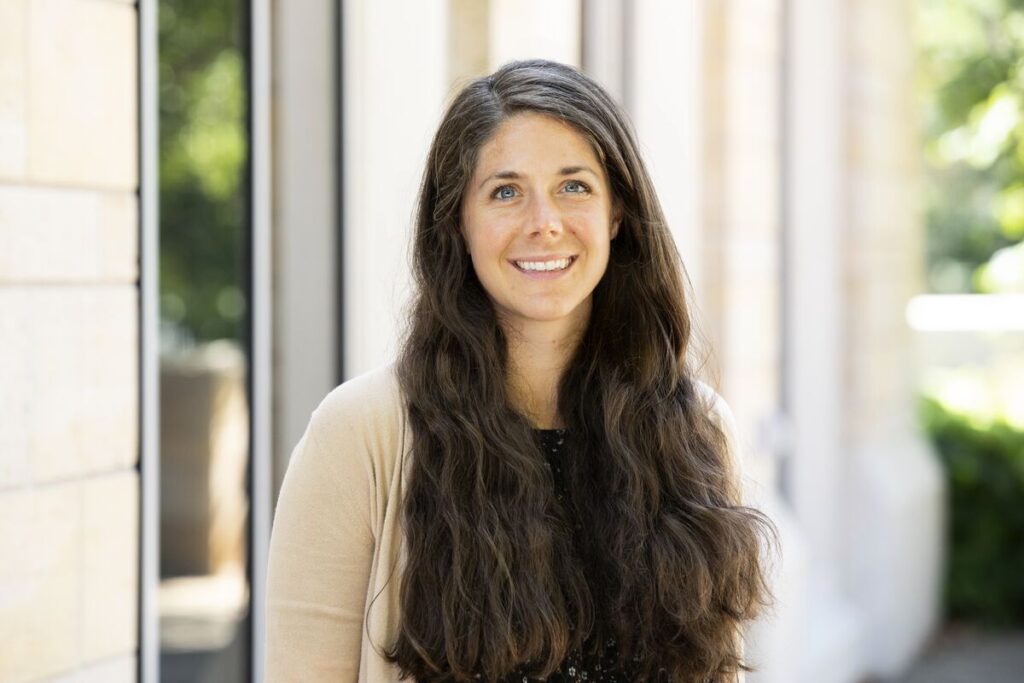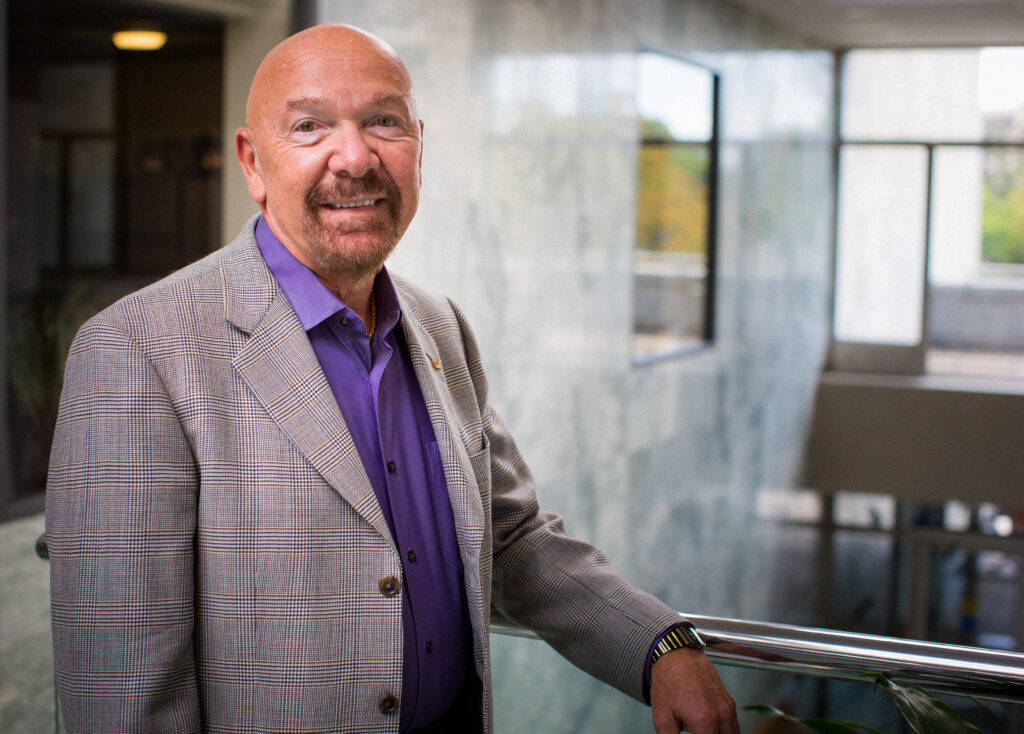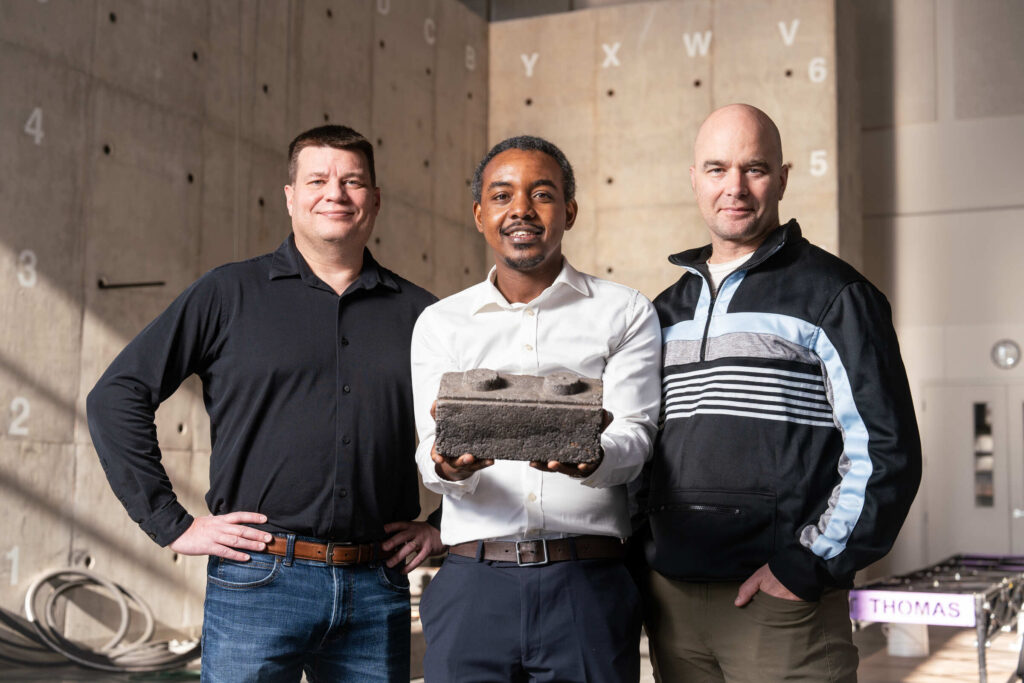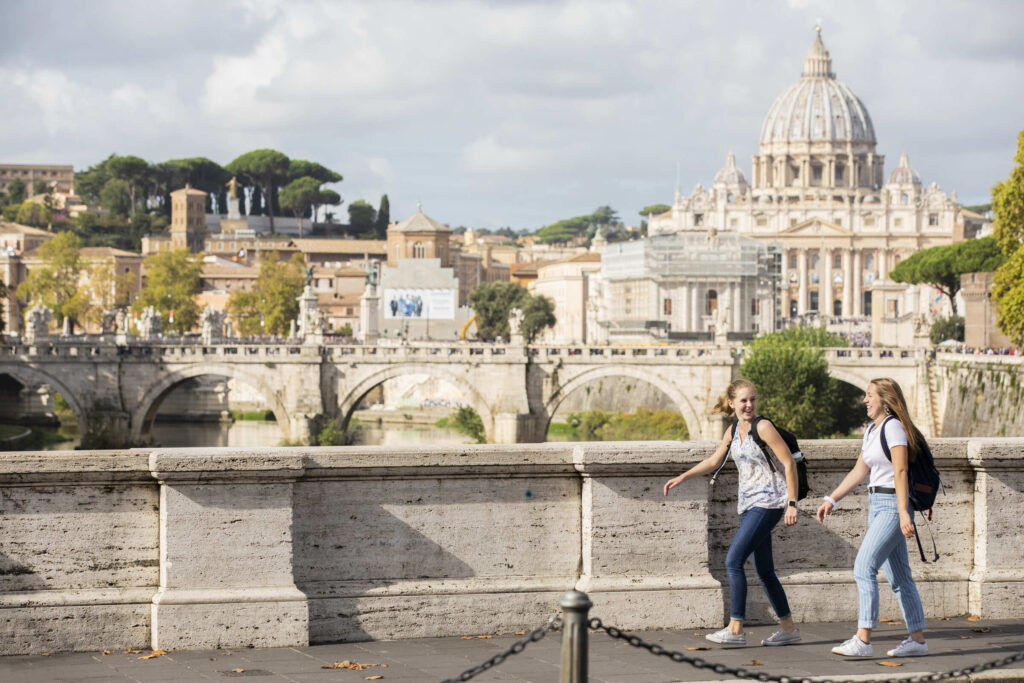Lewis Segl, a senior at the University of St. Thomas, is the first nominee in SmartPower’s “America’s Next Eco-Star” competition.
SmartPower, a nonprofit marketing firm that works to promote clean energy and energy efficiency, recently partnered with the U.S. Department of Energy to announce America’s Next Eco-Star, a nationwide search for the next generation of clean-energy and energy-efficiency leaders.
The winner will receive a trip to Austria for the 2012 Sustainable Futures Academy, a SmartPower fellowship in Washington, D.C., and $1,000 for the winning school to put toward campus sustainability programs.
The campaign contacted sustainability directors from universities across the country and asked them to nominate their school’s eco-savviest college students, professors and administrators to compete in an online video competition. The video must describe student’s commitment to energy efficiency and ability to deliver an effective sustainability message.
Segl has been involved in campus sustainability programs since joining the Recycling Team during his freshman year. He has served as president of the Green Team, a club that promotes sustainable living, and serves as the sustainability committee chairman for St. Thomas’ Undergraduate Student Government.
Father Dennis Dease, president of St. Thomas, has announced plans for the university to become carbon neutral by 2035. Segl has been active with the effort, which includes the creation of a Campus Sustainability Fund to support proposals that include composting projects, campus events and speakers.
Segl declared his major in environmental studies during his sophomore year and used his geography minor to map population information about Minnesota’s wolf-pack.
“Lewis is an engaged, enthusiastic student who is eager to use classroom insights to make a difference in his community,” said Paul Lorah, an associate professor of geography at St. Thomas.
As Segl prepares to compete for the title of America’s Next Eco-Star, his challenge will be to describe his efforts in a three-minute video. “I am just trying to figure out the best way to portray campus sustainability – not just as a person, but as a student body,” Segl said.

